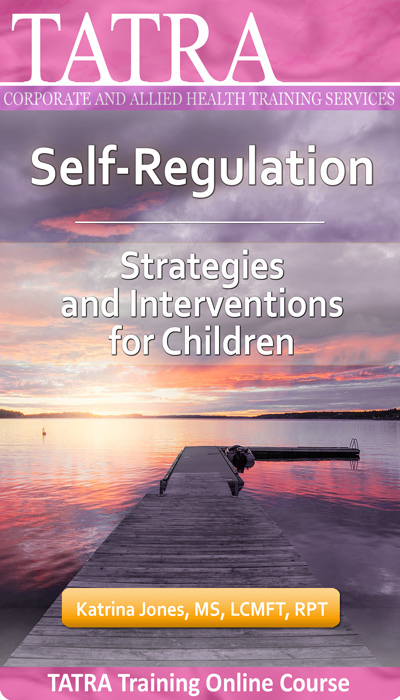02 Dec Self-Regulation: Strategies and Interventions for Children

Emotional regulation is not a skill we are born with. Helping children learn to self-regulate is among most important tasks. This online seminar will examine how emotional self-regulation develops and how psychologists, school counsellors, teachers and parents can help children acquire this crucial skill.
A child’s capacity to regulate their emotions affects their long-term mental health, their future relationships, academic performance, and their ability to thrive in a complex world. People who can self-regulate have better attention and problem-solving capabilities. They perform better on tasks involving delayed gratification, inhibition and long-term goals. The effect carries on throughout life. An adult who cannot master emotional regulation enjoys less job satisfaction, mental health or general well-being. Many clinical disorders are closely related to emotional regulation, or rather, the lack of it. Adults who have learned to regulate their emotions in childhood, have a higher distress tolerance and more resilience, and they can better handle life adversity.
This seminar begins with a review of neurobiological processes involved in the development of self-regulation. Further, you will learn how to communicate knowledge of the brain and its role in self-regulation to parents and children in ways that are more easily grasped. You will be able to help them to understand the purpose of various interventions. You will also learn about the vital role parents/caregivers, clinicians and teachers play in co-regulation. Finally, this seminar includes introduction of over 15 practical, age-appropriate (including play-based) interventions that can be used in therapy sessions or in the classroom to help promote development of self-regulation in children and teens.


a). State the areas of the brain which are involved in processes affecting self-regulation.
b). Name at least 3 possible causes for dysregulation in children and teens and corresponding treatment implications, including the importance of co-regulation.
c). Learn and practice at least 3 strategies to promote self-regulation for infants and toddlers.
d). Learn and practice at least 5 strategies to promote self-regulation in preschool age children.
e). Learn and practice at least 5 strategies to promote self-regulation in elementary age children.
f). Learn and practice at least 3 strategies to promote self-regulation in adolescents and teens.


This online workshop will give you instant access to 5.5 hours of video content, accessible via streaming on our website, as well as downloads for supplemental materials. You can view the course content in your own time, there is no time limit on access.
Please click the green ‘Mark Complete’ button on each module as you progress. You can access the sessions in any order and go back to previous sessions if required.
A certificate of completion will be generated upon finishing the course and completing a short assessment quiz. If the certificate is not showing, please confirm you have marked all sections as ‘Complete’. Please consult your professional organisation/association to confirm whether you are able to claim any CPD points/hours for this online workshop.



 Katrina Jones, MS, LCMFT, RPT
Katrina Jones, MS, LCMFT, RPT